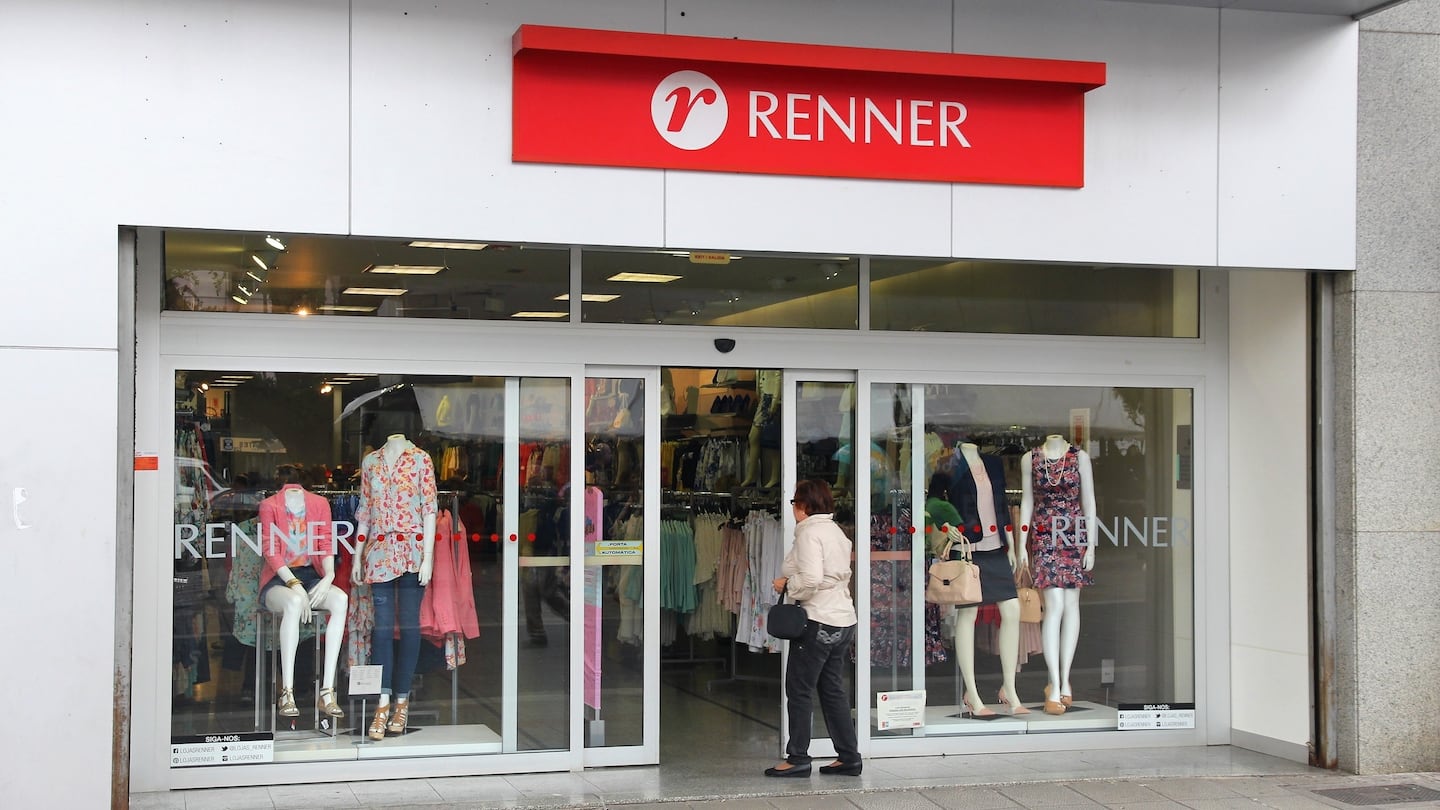
The Business of Fashion
Agenda-setting intelligence, analysis and advice for the global fashion community.

Agenda-setting intelligence, analysis and advice for the global fashion community.

RIO DE JANEIRO, Brazil — J.C. Penney Co. bailed on Brazil more than a decade ago. In hindsight, sticking it out would have been the smarter move.
Lojas Renner SA, the Brazilian retailer that J.C. Penney divested in 2005 for $230 million, is now worth $7.9 billion, an increase of more than 3,300 percent. Meanwhile, the iconic American department-store chain has seen its own business founder as US brick-and-mortar outlets buckle under the weight of e-commerce. Penney is now worth just a fraction of its former value.
Working in Renner’s favour is the fact that mall-goers in Brazil have been slower than their US counterparts to alter their shopping habits in the digital age. Renner also eschewed its department-store roots in favour of so-called fast-fashion, a strategy that has helped the retailer ride out Brazil’s years-long recession. Investors have rewarded the company by driving the stock up by almost 150 percent since the start of 2015.
“The markets trust Renner’s management,” said Giovana Scottini, an analyst at Eleven Financial in Sao Paulo. “It’s a company that’s always changing.”
ADVERTISEMENT
Renner will soon undergo another transformation, perhaps its biggest since being dumped by Penney. Plano, Texas-based Penney didn’t respond to a request for comment.
Chief Executive Officer Jose Gallo, who has led Renner for more than a quarter century, is due to retire when his contract ends in January 2019. While the company declined to say who will take over, whoever it is will face a tough challenge in repeating Renner’s stock rally.
“One of Renner’s biggest challenges is Gallo’s succession,” Scottini said. “The company would need a much steeper growth slope to have an upside from where the shares are at now.”
The company is trading at almost 29 times its estimated 12-month earnings. The stock, which closed at 34.60 reais Tuesday, is 18 percent above the average target of analysts.
“Even considering that it is extremely well-managed, that they are excellent, remarkable operators, it is just too expensive,” said Bernardo Rodarte, who oversees 1 billion reais ($320 million) at Sita Corretora in Belo Horizonte, Brazil. “I don’t have the courage to buy."
Porto Alegre, Brazil-based Renner is aware of the market’s concerns. It’s spent five years working on a succession plan not just for Gallo, but for all directors and, “without doubt,” it will be a transition of continuity, Gallo said.
“Something good will happen, I’m pretty sure of that, pretty calm about it,” Gallo said in an interview. “We’re betting on the market consolidating and adding square metres.”
Continuity, for Gallo, means an ongoing focus on fast fashion that's stylish and affordable, with a quick turnaround time to keep up with emerging trends. While Renner carries men's and children's clothing, its primary target audience is women, competing with Forever 21 Inc., C&A Group and Inditex SA's Zara. The company is opening 60 or so stores a year, just launched its first international shop in Uruguay and isn't considering large acquisitions.
ADVERTISEMENT
“It’s all about value proposition,” said Gallo, who will stay on as a board member. “We have the right one.”
By Fabiola Moura, Paula Sambo and Christiana Sciaudone; Editors: Crayston Harrison, Jessica Brice, Rob Golum

The British musician will collaborate with the Swiss brand on a collection of training apparel, and will serve as the face of their first collection to be released in August.
Designer brands including Gucci and Anya Hindmarch have been left millions of pounds out of pocket and some customers will not get refunds after the online fashion site collapsed owing more than £210m last month.
Antitrust enforcers said Tapestry’s acquisition of Capri would raise prices on handbags and accessories in the affordable luxury sector, harming consumers.
As a push to maximise sales of its popular Samba model starts to weigh on its desirability, the German sportswear giant is betting on other retro sneaker styles to tap surging demand for the 1980s ‘Terrace’ look. But fashion cycles come and go, cautions Andrea Felsted.